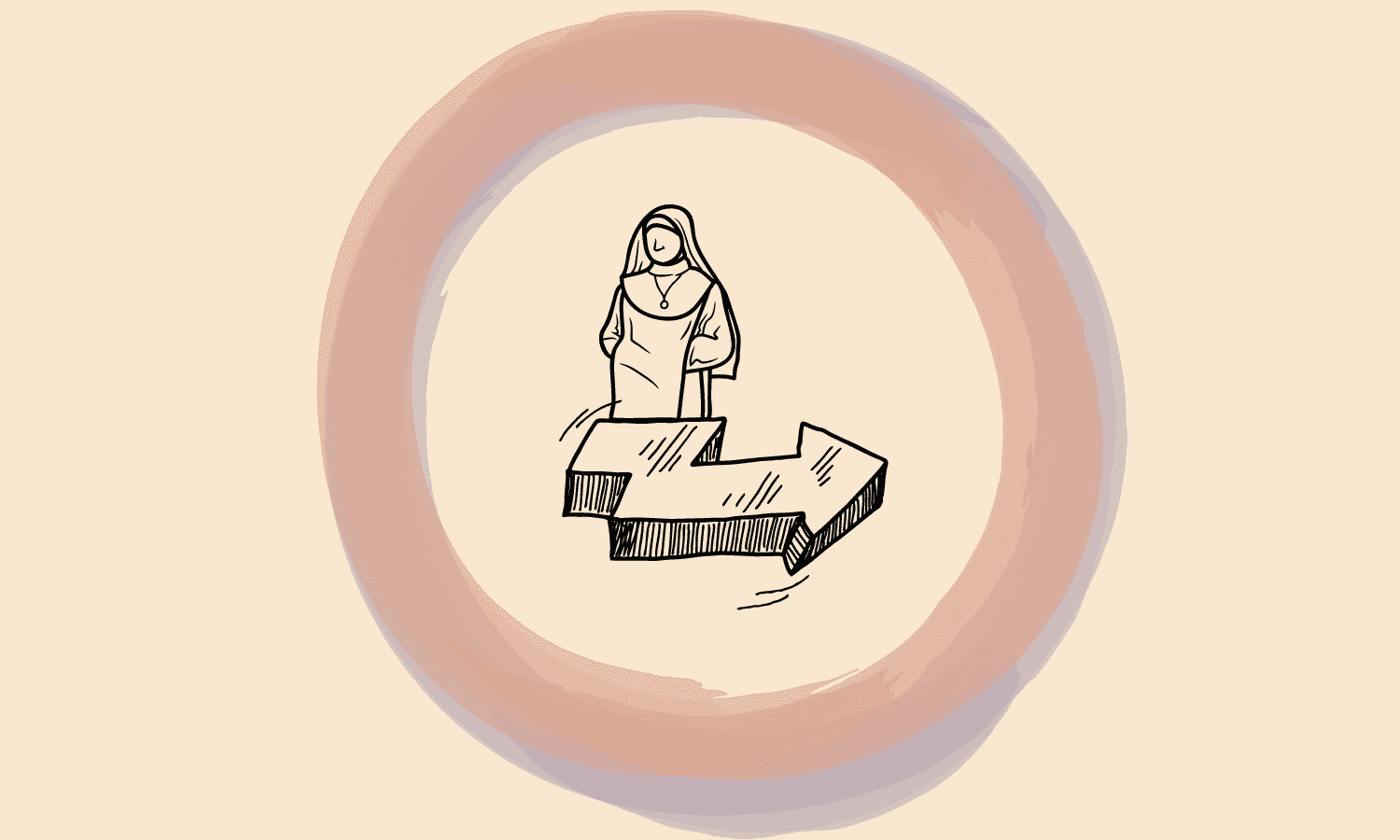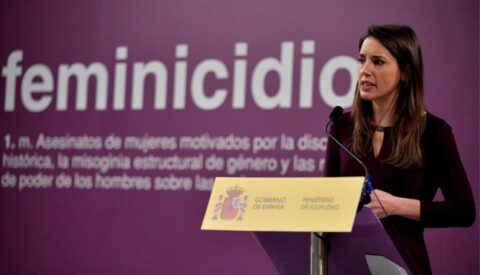Pray, Work, Diversify: When Monasteries Shift To The Gospel Of Business To Survive
Gardening, cooking sweets or binding books are tasks associated with monasteries. But today, a growing number of Spain's contemplative communities have turned to activities such as gourmet products, tourist rentals through digital platforms, astrotourism and even sushi making to achieve economic sustainability.
Article
2024

Article
Ora et labora («Pray and work») is a motto shared by all contemplative orders. In monasteries and convents, leisure is the enemy of the soul and cloistered religious work, even if it do not earn money in return. In fact, in most cases, contemplative communities exist thanks to the support of benefactors. But when donations are not enough, the result of that patient and discreet work can become a source of income necessary for the community’s subsistence.
Many monasteries have escaped globalization and digitalization — two forces that have completely transformed our world in a few decades. But a significant number have not been able to, or have not wished to, resist the winds of change. Therefore, along with traditional tasks such as baking, crafts, sewing or growing vegetables, new trends such as sushi making, stargazing and renting rooms through digital platforms have been added to the monasteries’ activities.
Chef nuns
Some achieved excellence with their sweets, like the nuns of the order of Saint Clare of Belorado (in the northern city of Burgos), whose chocolate products are on the menu of several Michelin-starred restaurants. They have received advice from master pastry chef Paco Torreblanca and have even been invited to do a cooking show at the Madrid Fusión international festival.
Other cloistered nuns have attended the prestigious Le Cordon Bleu Madrid cooking school, in partnership with the Contemplare Foundation, to learn new recipes and packaging in order to improve the commercial attractiveness of their products. Nuns from six different monasteries attend this intensive one-day course in pairs, explains the Foundation’s Alejandra Salinas, «It is very positive because they realize that with only a few and very inexpensive ingredients, they can achieve extraordinary results».
A good example of diversification is the Carmelites of Granada, who noticed that their sweets barely sold during summer
The Contemplare Foundation was created to help cloistered communities commercialize their products. Its web portal aims to be a showroom of the specialties of the monasteries. «Not only do we help them sell, but we support them in whatever they need. We also provide training in product diversification», Salinas says.
A good example of diversification is the Carmelites of Granada, who noticed that their sweets barely sold during summer. The arrival of five nuns from the Philippines into the community emboldened them to start making sushi. Today, they are the sensation of the Andalusian city with a menu that includes chicken, noodles and sushi as the star dish, but they offer a wide variety of food at reasonable prices.
Stargazing spots
Elsewhere in Andalusia, in the tourism sector of Seville, the Poor Clares have converted an unused part of their 16th century Convent of Saint Mary of Jesus into a renovated and perfectly equipped accommodation that they rent on Airbnb— where it’s earned a rating of 4.75 stars out of 5. One of its greatest assets is its location, across from the Casa de Pilatos palace and a 10-minute walk from La Giralda, the bell tower of Seville Cathedral.
In terms of touristic offers, none can compare to what the Mercedarian monks of the Monastery of Our Lady of the Olivar, in the eastern town of Estercuel, offer. The low population density of the area makes their sky one of the clearest for stargazing.
With the help of a guide, a laser pointer and a telescope, visitors can contemplate and learn about the Milky Way, the main constellations, and the most famous stars and planets, as well as their ages and distances. It is one of the few observation spots in Spain that have been given an astrotourism label by the Starlight Foundation.
Despite work diversification initiatives like these, there is no confusion: «It is not about turning monasteries into SMEs», Salinas says.
Monks and nuns work, even if it is not to sell, because work is part of their life and is closely linked to prayer, which is why they have traditionally sought out tedious, manual and repetitive tasks. Something that doesn’t seem to have a place in these dizzying times.
This content is part of a collaboration agreement of ‘WorldCrunch’, with the magazine ‘Ethic’. Read the original at this link.






